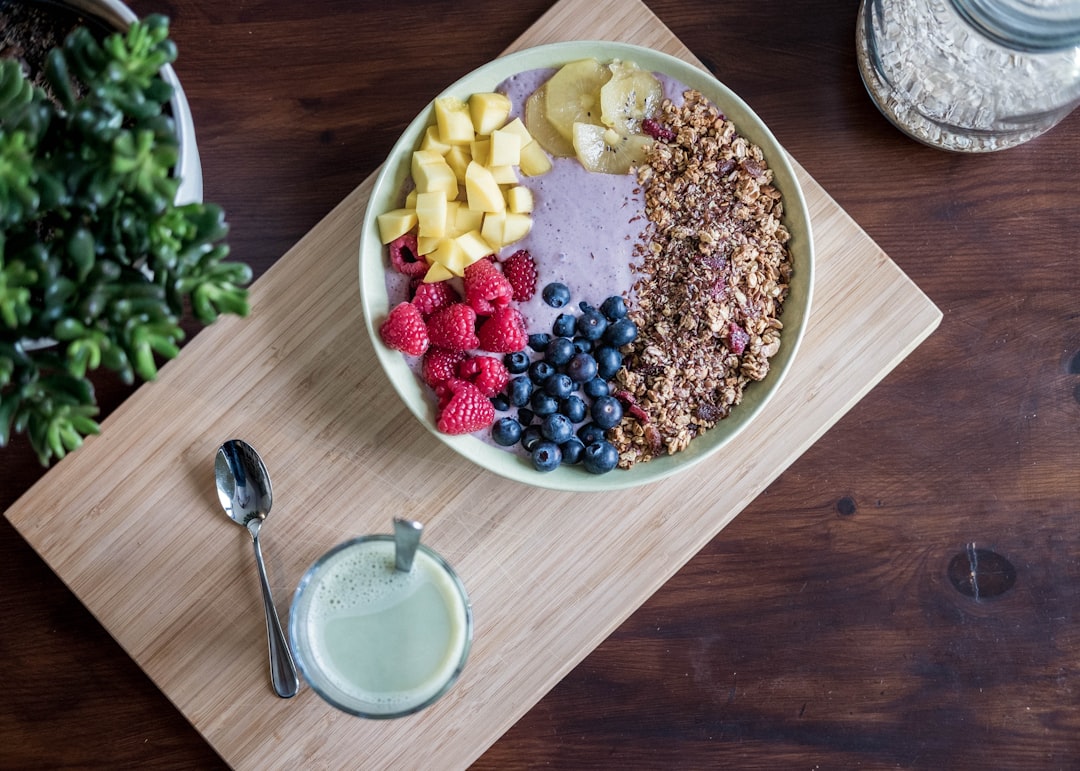
Empowering Proactive Lifestyle Choices for Effective Mental Health Treatment
Mental health is an integral component of overall well-being. Empowering proactive lifestyle choices can significantly impact mental health treatment effectiveness. This guide will explore actionable strategies backed by research to enhance mental wellness while addressing common misconceptions.
Understanding Proactive Lifestyle Choices
Proactive lifestyle choices refer to actions taken to prevent mental health issues rather than merely reacting to them. These choices encompass various aspects of daily life, including nutrition, physical activity, social connections, and mindfulness practices. By embracing these practices, individuals can foster resilience, improve mood, and support effective mental health treatment.
Nutrition: Fueling Mental Well-Being
Importance of a Balanced Diet
A balanced diet rich in whole foods is crucial for mental health. Nutrient-dense foods, including fruits, vegetables, whole grains, lean proteins, and healthy fats, provide essential vitamins and minerals that can influence brain function and emotional regulation. Research indicates that diets high in omega-3 fatty acids, antioxidants, and vitamins B and D can reduce symptoms of anxiety and depression.
Practical Strategies for Healthy Eating
- Meal Planning: Plan meals weekly to ensure a balanced intake of nutrients.
- Mindful Eating: Focus on your meals without distractions to enhance your relationship with food.
- Stay Hydrated: Drink plenty of water throughout the day, as dehydration can lead to mood swings.
Physical Activity: Moving for Mental Clarity
The Role of Exercise
Regular physical activity is a powerful tool for mental health. Exercise releases endorphins, which are natural mood lifters. Studies show that even moderate exercise, such as walking, can reduce symptoms of anxiety and depression.
Actionable Exercise Tips
- Set Realistic Goals: Aim for at least 150 minutes of moderate-intensity exercise per week.
- Find Enjoyable Activities: Choose activities you enjoy to enhance consistency.
- Incorporate Movement into Daily Life: Take stairs instead of elevators, or walk or bike instead of driving when possible.
Social Connections: Building Supportive Networks
The Power of Relationships
Strong social connections can protect against mental health issues. Engaging with friends, family, and community members provides emotional support and reduces feelings of isolation. Research shows that social interactions can boost self-esteem and improve overall well-being.
How to Cultivate Connections
- Join Clubs or Groups: Participate in activities that interest you to meet like-minded individuals.
- Volunteer: Helping others can enhance your sense of purpose and create new friendships.
- Stay in Touch: Regularly check in with friends and family, fostering deeper connections.
Mindfulness and Stress Management
The Benefits of Mindfulness
Mindfulness practices, such as meditation and yoga, can significantly reduce stress and promote mental clarity. Mindfulness encourages individuals to focus on the present moment, which can help alleviate anxiety and improve emotional resilience.
Incorporating Mindfulness into Daily Life
- Start Small: Begin with just five minutes of mindfulness meditation each day.
- Use Apps: Consider using guided meditation apps to help you stay on track.
- Practice Gratitude: Maintain a gratitude journal to shift your focus to positive aspects of life.
Addressing Common Misconceptions
Many people believe that mental health treatment is solely reliant on medication or therapy. While these are essential components, lifestyle choices play a crucial role in enhancing treatment effectiveness. It’s important to recognize that proactive lifestyle changes can complement traditional therapies rather than replace them.
Encouragement for Your Wellness Journey
Embarking on a journey towards better mental health can be challenging, but the rewards are profound. Remember, every small step you take toward a healthier lifestyle contributes to your overall well-being. Celebrate your progress, and be gentle with yourself during setbacks.
Further Reading and Resources
To expand your knowledge on empowering lifestyle choices for mental health, consider exploring the following resources:
- National Institute of Mental Health
- Mental Health Foundation
- American Psychological Association – Mindfulness
Incorporating proactive lifestyle choices into your routine can pave the way for improved mental health and well-being. By prioritizing nutrition, physical activity, social connections, and mindfulness, you are taking significant steps toward a healthier, more fulfilling life. Share this article with someone who might benefit from it and consider subscribing to our newsletter for more health tips and wellness strategies.


